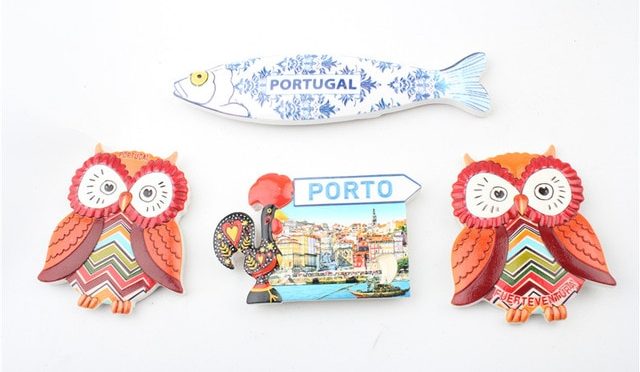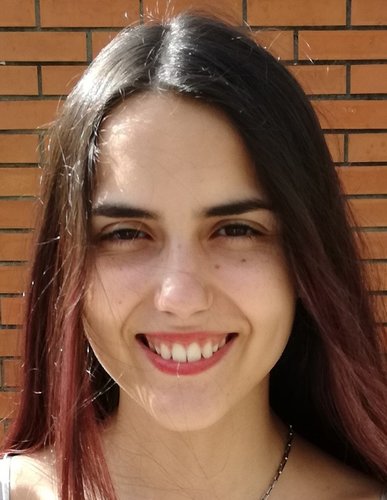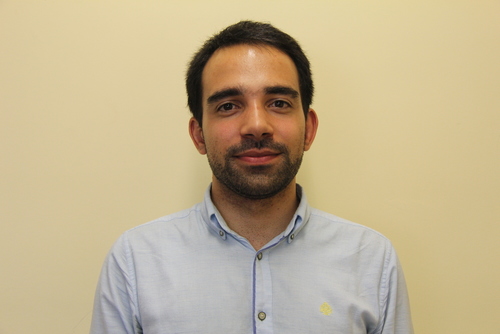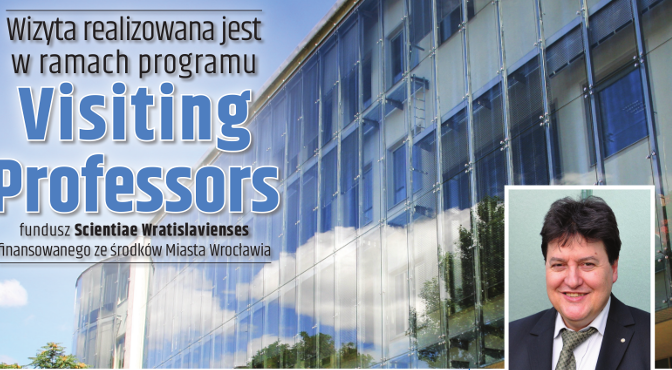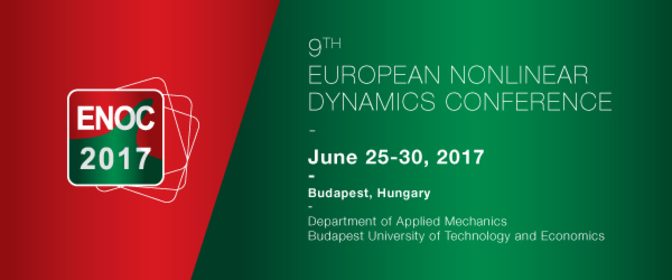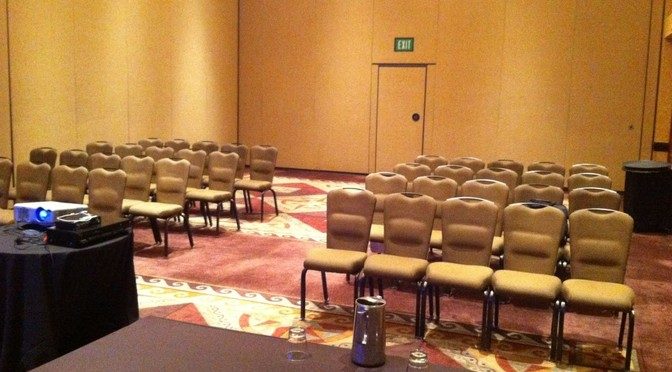Another guest at the Dynamics Seminar will be prof. Shun-Peng Zhu from the University of Electronic Science and Technology of China (UESTC).
The theme of the meeting will be
Fatigue reliability design and assessment under uncertainty
Below is the Professor’s short bio:
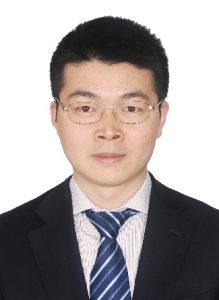 Dr. Shun-Peng Zhu, Professor in Mechanical Engineering at the University of Electronic Science and Technology of China (UESTC), China. He received his Ph.D. degree in Mechanical Engineering from UESTC in 2011 and was honored as PIF Fellow of Politecnico di Milano, Italy from 2016 to 2018 and a research associate at the University of Maryland, the United States in 2010.
Dr. Shun-Peng Zhu, Professor in Mechanical Engineering at the University of Electronic Science and Technology of China (UESTC), China. He received his Ph.D. degree in Mechanical Engineering from UESTC in 2011 and was honored as PIF Fellow of Politecnico di Milano, Italy from 2016 to 2018 and a research associate at the University of Maryland, the United States in 2010.
His research which has been published in scholarly journals and edited volumes, over 100 peer-reviewed book chapters, journals, and proceedings papers, explores the aspects: fatigue reliability design; probabilistic Physics of Failure modeling; multi-physics damage modeling and life prediction for engineering components/materials.
He received the Award of Merit of ESIS-TC12 in 2019, Polimi International Fellowship in 2016, 2nd prize of the National Defense Science and Technology Progress Award of Ministry of Industry and Information Technology of China in 2014, Hiwin Doctoral Dissertation Award in 2012, Best Paper Awards of several international conferences and Elsevier Outstanding Reviewer Awards.
He is an Elsevier Most Cited Chinese researcher in the field of Safety, Risk, Reliability, and Quality since 2018, and serves as guest editor, editorial board member of several international journals, and Springer book series.

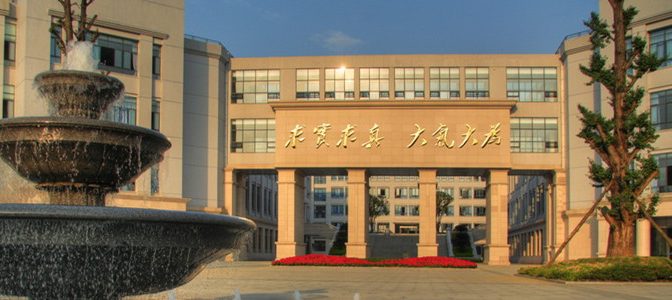
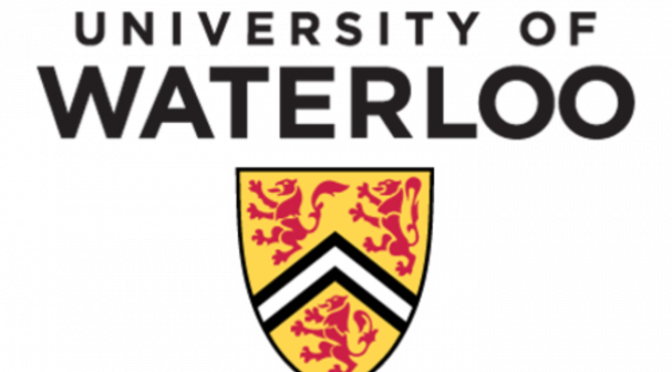
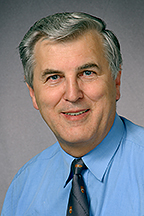
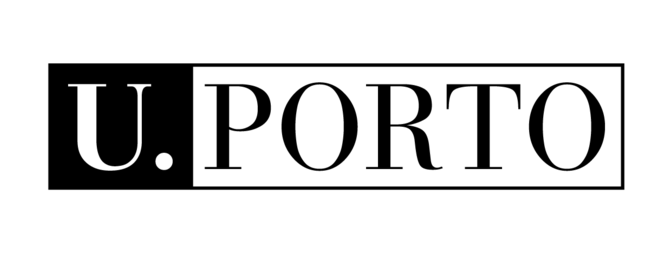
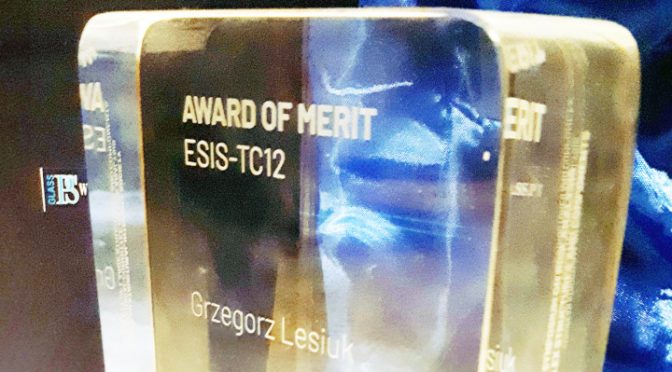
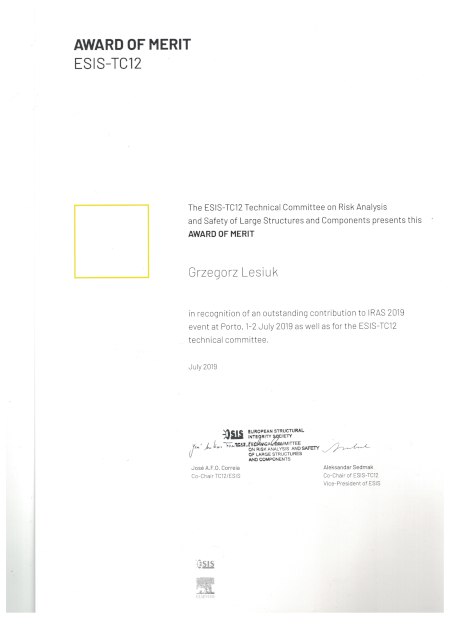

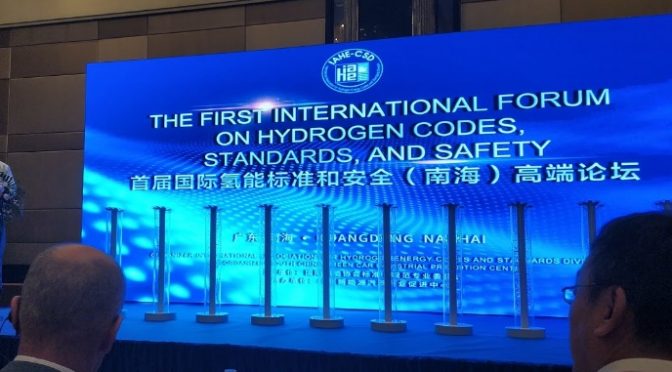
 During the meeting of The First International Forum on Hydrogen Codes, Standards and Safety, which took place in Foshan (China) on 12-13.06.2019 dr inż. Paweł Gąsior was appointed to the
During the meeting of The First International Forum on Hydrogen Codes, Standards and Safety, which took place in Foshan (China) on 12-13.06.2019 dr inż. Paweł Gąsior was appointed to the  The aim of this organization is to use the results of the latest scientific research and best engineering practices to develop and harmonize standards / legal regulations (RCS, Regulation-Codes-Standards) in the area of increasing the safety of using “hydrogen” technologies in the power industry.
The aim of this organization is to use the results of the latest scientific research and best engineering practices to develop and harmonize standards / legal regulations (RCS, Regulation-Codes-Standards) in the area of increasing the safety of using “hydrogen” technologies in the power industry.
